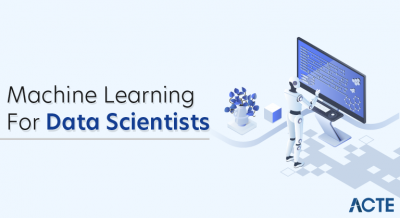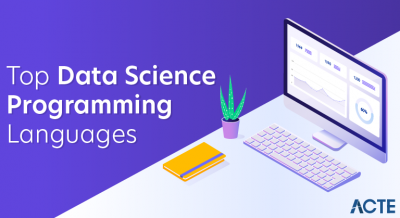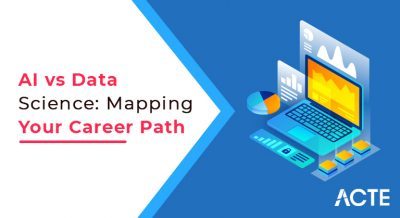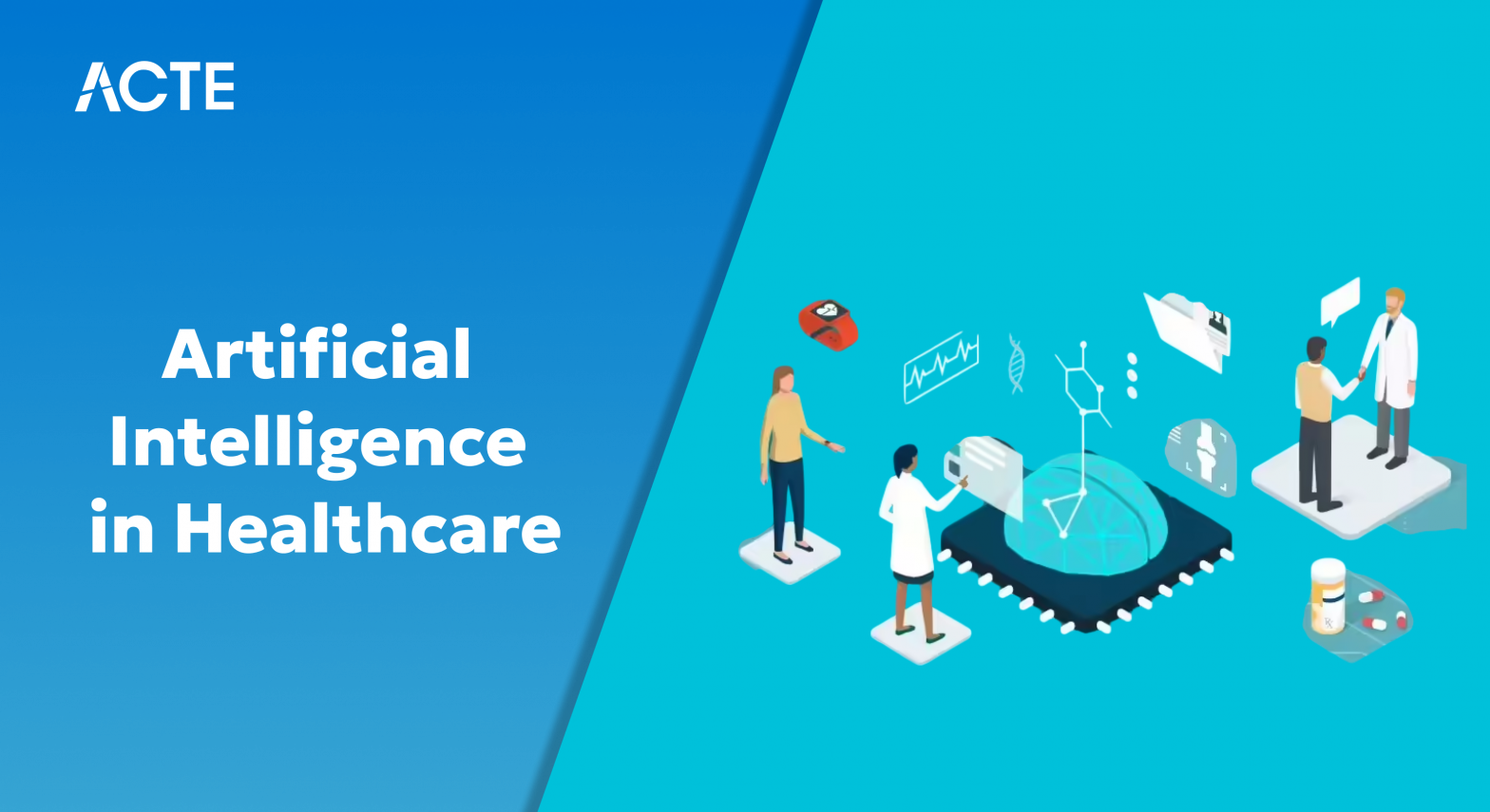
- Introduction to AI in Healthcare
- History of AI in Medicine
- AI in Treatment Personalization
- AI in Drug Discovery
- Robotics in Surgery
- Challenges in Implementing AI
- AI Tools Used in Healthcare
- Conclusion
Introduction to AI in Healthcare
Artificial Intelligence (AI) is playing a transformative role in the healthcare sector, revolutionizing how medical services are delivered and managed. AI involves the use of computer systems that simulate human intelligence, including learning, reasoning, and decision-making. In healthcare, AI applications are designed to analyze complex medical data, identify patterns, and generate insights that assist clinicians in making informed decisions. One of the most impactful uses of AI is in diagnostics. AI algorithms can analyze medical images such as X-rays, MRIs, and CT scans with high accuracy, often detecting abnormalities earlier than human eyes. In personalized medicine, AI helps tailor treatments based on an individual’s genetic makeup, lifestyle, and medical history, with the support of strong Data Science Training. Predictive analytics powered by AI enables healthcare providers to anticipate patient deterioration and take preventive action. Additionally, AI-driven chatbots and virtual assistants are improving patient engagement by providing 24/7 support, answering queries, and scheduling appointments. Administrative processes such as billing, documentation, and claims processing are also being streamlined through AI automation. By improving efficiency, reducing errors, and enabling data-driven care, AI is not only enhancing clinical outcomes but also reducing operational costs, making healthcare more accessible and effective in the long term.
Interested in Obtaining Your Data Science Certificate? View The Data Science Course Training Offered By ACTE Right Now!
History of AI in Medicine
The concept of using Artificial Intelligence (AI) in medicine dates back to the 1950s, when early researchers began exploring how computers could assist in medical decision-making. One of the pioneering efforts in this field was MYCIN, developed in the 1970s at Stanford University. MYCIN was a rule-based expert system designed to diagnose bacterial infections and recommend appropriate treatments. Although it was never used in clinical practice, it laid the groundwork for future AI applications in healthcare, addressing key issues like Uncertainty in Artificial Intelligence. As computing power advanced and medical data became more abundant, the capabilities of AI systems grew significantly. In the 1990s and 2000s, machine learning algorithms began to outperform traditional rule-based systems by learning from data rather than relying on predefined rules.
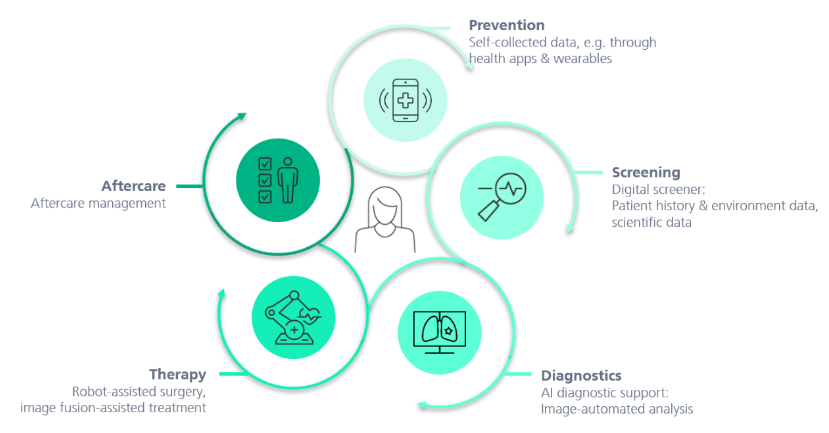
The introduction of deep learning further revolutionized AI in medicine, particularly in fields like medical imaging, where algorithms could detect conditions such as tumors and fractures with high accuracy. Natural Language Processing (NLP) also gained prominence, enabling AI to analyze clinical notes, research papers, and electronic health records. Today, AI is no longer a theoretical tool but a practical technology integrated into diagnostics, treatment planning, and patient monitoring across the healthcare industry.
AI in Treatment Personalization
- Precision Medicine: AI enables the development of precision medicine, where treatments are tailored to individual patients based on their genetic makeup, medical history, and lifestyle. This leads to more effective and targeted therapies.
- Predictive Analytics: By analyzing large datasets, AI systems can predict how a patient will respond to specific treatments, ensuring the choice of the most appropriate therapy and reducing trial-and-error in medication.
- Real-Time Data Integration: AI can continuously integrate and analyze real-time patient data, such as vital signs and lab results, to adjust treatment plans dynamically and make personalized recommendations during the treatment process.
- Identification of Drug Responses: AI models can predict drug metabolism, helping healthcare providers select the best medications and avoid adverse reactions, much like Artificial Intelligence in Robotics enhances precision in automated systems.
- Optimizing Dosages: AI helps to determine the right dosage for personalized treatments by considering factors such as age, weight, and genetic variations, enhancing treatment efficacy and minimizing side effects.
- Monitoring Disease Progression: AI-driven algorithms can monitor disease progression in real-time and suggest personalized interventions, ensuring timely adjustments to the treatment plan.
- Clinical Trial Matching: AI helps match patients to relevant clinical trials based on their unique profiles, increasing the chances of success and advancing the development of targeted therapies.
- Accelerated Drug Development: AI dramatically speeds up the drug discovery process by analyzing vast datasets, identifying promising compounds, and predicting their efficacy, reducing the time it takes to develop new drugs.
- Target Identification: AI systems can analyze biological data to identify new drug targets, including proteins and genes associated with diseases, enabling the development of therapies aimed at specific molecular mechanisms.
- Predicting Drug-Drug Interactions: AI models can predict how different drugs interact with each other, reducing the risk of adverse reactions and improving patient safety during combination therapies, highlighting the Role of Inference in AI and Machine Learning Explained.
- Optimizing Drug Design: Machine learning algorithms can design novel molecules with desired properties, such as high binding affinity and low toxicity, optimizing the initial stages of drug development.
- Personalized Medicine: AI helps in designing drugs that are tailored to individual patients, based on their genetic profiles and disease characteristics, improving therapeutic outcomes and reducing side effects.
- Repurposing Existing Drugs: AI can analyze existing drugs to identify new therapeutic applications, speeding up the process of repurposing medications for diseases they weren’t originally designed to treat.
- Predicting Clinical Trial Success: AI uses historical clinical trial data to predict the likelihood of success in upcoming trials, optimizing resource allocation and reducing the failure rate in drug development.
- Lack of Skilled Workforce: There is a shortage of skilled AI professionals, such as data scientists and machine learning engineers. This skills gap makes it difficult for organizations to implement and maintain AI systems effectively.
- Integration with Existing Systems: Integrating AI into legacy systems or traditional workflows can be complex and costly, often requiring significant adjustments or overhauls to existing infrastructure.
- Regulatory Challenges: Governments and regulatory bodies are still catching up with AI developments. The lack of clear and standardized regulations creates uncertainty, especially in industries like healthcare, finance, and autonomous vehicles.
- Trust and Transparency: Many AI systems operate as “black boxes,” making it difficult to understand how they reach decisions, similar to the challenges faced in solving the Constraint Satisfaction Problem in AI.
- Data Quality and Availability: AI systems require large, high-quality datasets for training, but in many sectors, especially healthcare, data may be incomplete, inconsistent, or poorly structured. Ensuring data accuracy, completeness, and accessibility is a significant challenge.
- Ethical Concerns: AI raises ethical issues related to privacy, bias, and fairness. Ensuring that AI models do not perpetuate biases or discriminate against certain groups, particularly in sensitive areas like hiring or healthcare, is critical for responsible AI deployment.
- High Implementation Costs: Implementing AI solutions often requires significant financial investment in infrastructure, technology, and skilled personnel. For many organizations, especially smaller businesses, these upfront costs can be a barrier to AI adoption.
To Earn Your Data Science Certification, Gain Insights From Leading Data Science Experts And Advance Your Career With ACTE’s Data Science Course Training Today!
AI in Drug Discovery
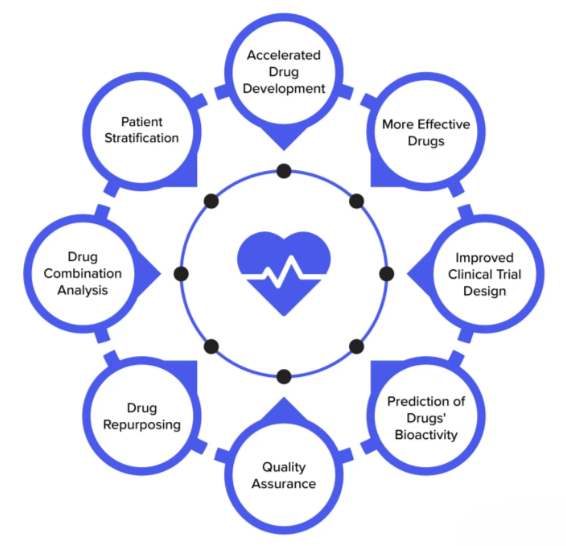
Robotics in Surgery
Robotic surgery is one of the most advanced and transformative applications of Artificial Intelligence (AI) in healthcare. Systems like the da Vinci Surgical System are already assisting surgeons by offering enhanced precision, stability, and control during complex surgical procedures. These AI-integrated robotic platforms are capable of interpreting high-resolution visual data, filtering out hand tremors, and performing delicate tasks that may be challenging for human hands alone. AI enhances robotic surgery by enabling systems to analyze real-time data from cameras and sensors, map anatomical structures, and support surgeons in making precise incisions and movements, with a foundation built on solid Data Science Training. This integration allows for minimally invasive surgeries, which offer numerous patient benefits including smaller incisions, reduced blood loss, less post-operative pain, shorter hospital stays, and faster recovery times. Moreover, AI is being developed to provide decision support during surgery by predicting complications, offering surgical suggestions, or even assisting in stitching and suturing tasks. While current systems are largely surgeon-controlled, the future may see a shift toward semi-autonomous or fully autonomous robotic surgeries, where AI will play a more central role in decision-making and execution. As the technology matures, robotic surgery will likely become more accessible, efficient, and integral to modern surgical care.
Want to Pursue a Data Science Master’s Degree? Enroll For Data Science Masters Course Today!
Challenges in Implementing AI
AI Tools Used in Healthcare
Several AI tools and platforms are already making a profound impact on the healthcare industry, enhancing diagnostic accuracy, streamlining workflows, and supporting clinical decisions. IBM Watson Health is a leading example, offering AI-driven solutions in areas such as oncology, genomics, and clinical decision support. By analyzing vast datasets, Watson helps physicians identify personalized treatment options and uncover insights from complex medical records. Google DeepMind has also made significant strides, particularly in ophthalmology and biology, showcasing the role of Agents in Artificial Intelligence in driving these advancements. Its AI systems have demonstrated high accuracy in detecting eye diseases from retinal scans and made groundbreaking progress in protein structure prediction through its AlphaFold project, which has major implications for drug discovery. PathAI provides AI-powered pathology tools that assist in analyzing tissue samples, aiding pathologists in diagnosing diseases like cancer more accurately and efficiently. In radiology, platforms such as Aidoc and Zebra Medical Vision use AI to detect abnormalities in medical imaging, supporting early diagnosis of conditions such as brain bleeds, lung nodules, and fractures. These tools not only augment the capabilities of healthcare professionals but also help reduce diagnostic errors, accelerate treatment planning, and improve overall patient outcomes.
Go Through These Data Science Interview Questions & Answer to Excel in Your Upcoming Interview.
Conclusion
AI is undeniably transforming the landscape of healthcare, creating new possibilities for enhancing diagnosis, treatment, and overall patient care. By processing vast amounts of medical data and identifying patterns beyond human capability, AI enables faster, more accurate clinical decisions and supports the shift toward personalized medicine. From predictive analytics and robotic surgeries to AI-powered imaging and virtual health assistants, the integration of AI is streamlining workflows and improving patient outcomes. However, the adoption of AI in healthcare is not without challenges. Concerns around data privacy, ethical implications, algorithmic bias, and the need for high-quality, diverse datasets continue to be pressing issues, underscoring the importance of comprehensive Data Science Training. Successful implementation also depends on collaboration between technologists, clinicians, and policymakers to ensure AI solutions are effective, safe, and equitable. Despite these hurdles, ongoing advancements and interdisciplinary efforts offer promising solutions. The synergy between human expertise and AI will lead to more precise diagnostics, optimized treatments, and accelerated drug development. As AI technologies mature, they will become indispensable tools in the healthcare ecosystem empowering professionals, improving efficiency, and ultimately enhancing the quality of life for patients around the globe.


